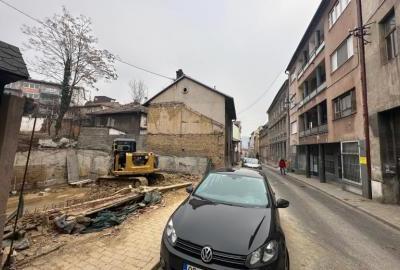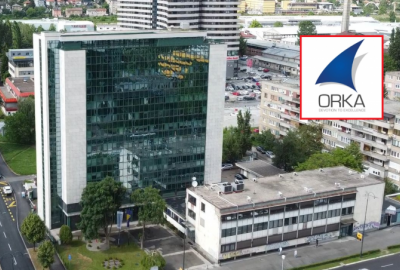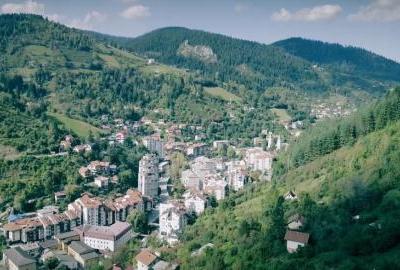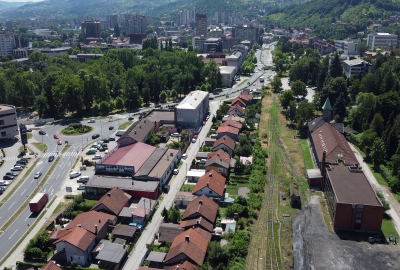Žurnal in English
WHY IS A NEW ZENICA HOSPITAL NOT BEING BUILT: Patients Suffer Due to Political Conflicts, Poor Conditions, and Waiting Lists
The Cantonal Hospital Zenica, located within a complex constructed back in 1959, is facing severe infrastructural problems, a lack of equipment, and the departure of medical staff. The planned construction of a new hospital is being delayed by property and legal disputes, as it has been ruled that the complex is owned by the City of Zenica. Meanwhile, patients continue to suffer due to long waiting lists and inadequate conditions.
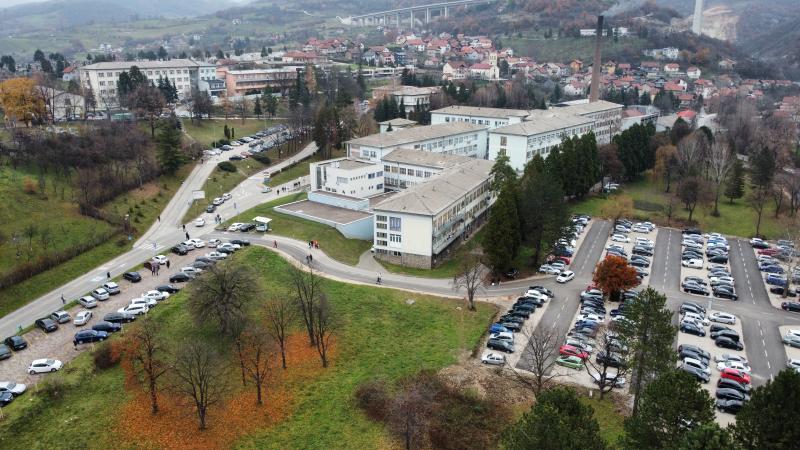
Dr Tarik Kapidžić works in the Department of Orthopaedics and Traumatology at the Cantonal Hospital Zenica. He joined this healthcare institution in 1987 and has witnessed the decline of the Zenica hospital, a complex built as far back as 1959. Although additional buildings have been constructed over the years, and certain adaptations, extensions, and equipment upgrades have been made, there have been no significant investments, particularly since the war.
When asked about the conditions in the hospital, Dr Kapidžić gives a brief but striking response: "As far as the working conditions and facilities in the Cantonal Hospital Zenica are concerned, it would be best just to blow it up and be done with it!"
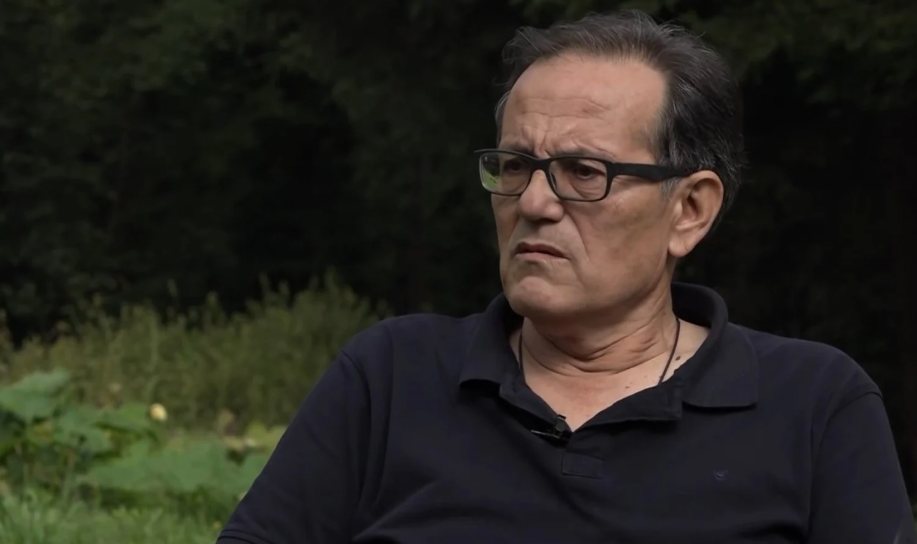
Dr Kapidžić, who also serves as the President of the Medical Chamber of the Zenica-Doboj Canton, goes on to explain why building an entirely new hospital is the only viable solution:
"This building dates back to 1959. When it first opened, it was state-of-the-art. But it has remained as it was ever since. I joined the Cantonal Hospital Zenica in 1987. Back then, the department where I work was located in the basement, in inadequate spaces – and it’s still in the basement today! Half of the windows and doors are the same as in 1959, as are the toilets and the infrastructure. Patients are placed in eight-bed rooms, and in some wards, there is only one toilet for the entire floor. I think that says enough about how no one has ever invested in the Cantonal Hospital Zenica.”
CANTONAL HOSPITAL ON MUNICIPAL LAND
The construction of a new Zenica hospital has been discussed for some time now. Zenica Mayor Fuad Kasumović is also eager for the project, describing the current conditions at the Cantonal Hospital as "May Allah spare anyone from experiencing them!"
However, the management of the Zenica Hospital and the authorities of the Zenica-Doboj Canton blame Kasumović and the leadership of the City Council for the lack of progress on the project.
"We have prepared a project plan for the construction of the new hospital and should proceed with issuing a call for conceptual design proposals. But for that to happen, we need a decision from the City Council. This decision was passed three months ago but has never been forwarded to the Cantonal Hospital Zenica," says Dr Tarik Zulović, the hospital director, in an interview with Žurnal.
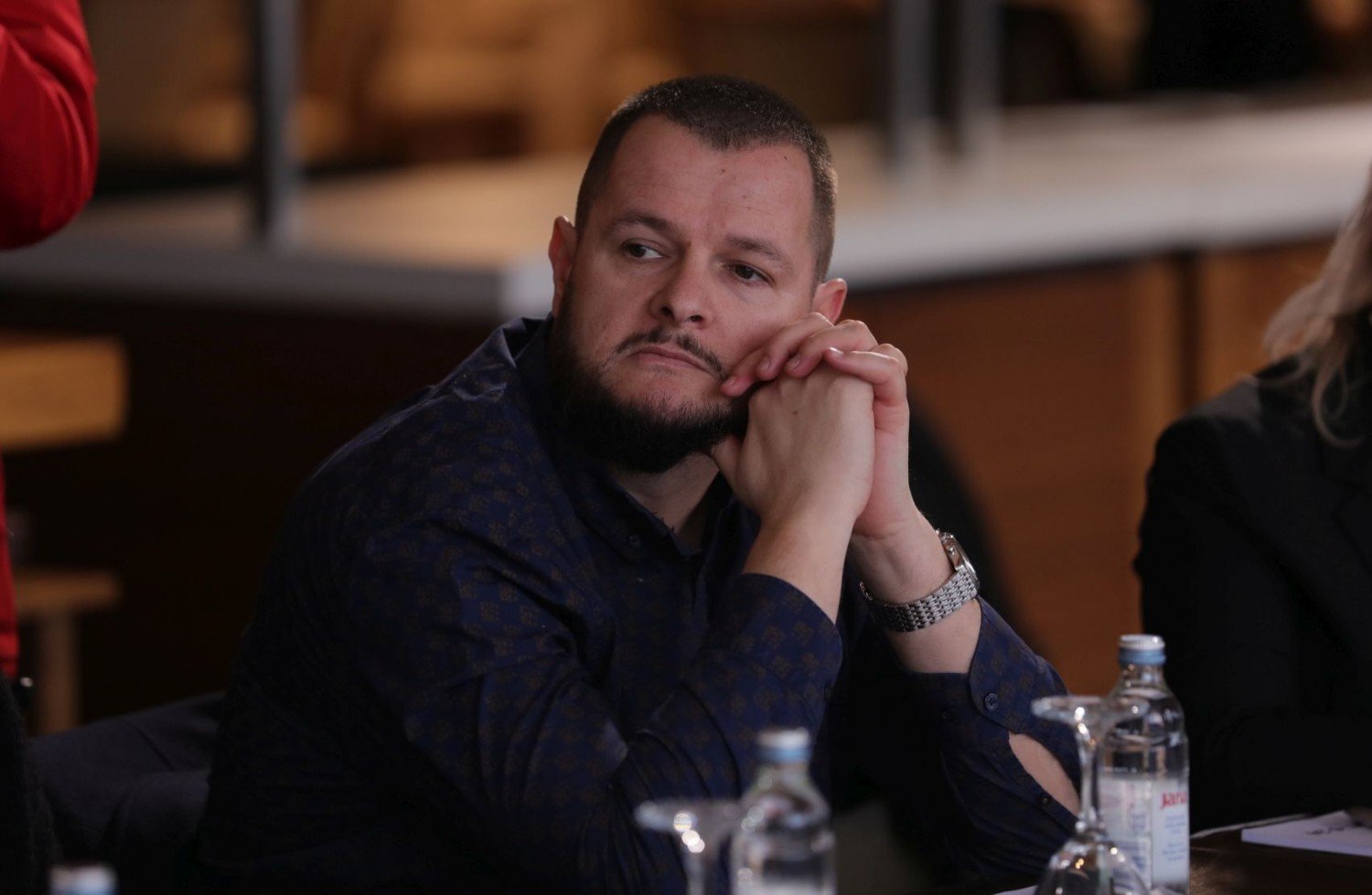
The decision referred to by Dr Zulović is the Decision on the Method of Assigning the Management and Use of the Buildings and Land of the Cantonal Hospital Zenica Complex, which was adopted during the last session of the previous City Council.
Why is this decision so important? In December 2023, the Supreme Court of the Federation ruled that the land and all buildings within the Cantonal Hospital Zenica complex are the property of the City of Zenica, not of the canton or the Cantonal Hospital itself.
This ruling effectively turned the Cantonal Hospital Zenica into a tenant overnight, meaning no projects can be implemented without the consent of the City of Zenica, including its mayor and City Council.
The decision adopted by the City Council envisaged granting management of the Cantonal Hospital complex to the hospital without any fees.
"After the City Council session ended, the adopted decision was never signed or published in the Official Gazette. It was not delivered to the hospital or the canton," says Nezir Pivić, the Prime Minister of the Zenica-Doboj Canton, in an interview with Žurnal.
Pivić adds that this seems to have been a pre-election ploy:
"They don’t want anything to be done. I don’t know if it’s some kind of deception, but what’s most important is that the City Council voted in favour of the decision. Is it sabotage? Clearly, it must be. The position of this Government of the Zenica-Doboj Canton is solely focused on constructing a new hospital building. That’s one of our largest projects. We have allocated funds in this year’s budget for the hospital project, specifically for the conceptual design, but we need this decision to move forward.”
IS THE DECISION LEGAL?
The Mayor of Zenica, Fuad Kasumović, claims that the decision could be annulled, which would reset the entire process. He argues that the City Council made a critical error when adopting the decision:
"When it comes to property and real estate, it is mandatory to seek the opinion of the City of Zenica’s Legal Office. They rushed the decision without obtaining this opinion, for reasons unknown to me. When the decision reached me, I saw that it lacked the Legal Office’s opinion and position. As mayor, I immediately exercised my authority to send a letter to the City Council, requesting that this point be reconsidered, as the decision was made unlawfully. There was no input from the City of Zenica’s Legal Office."
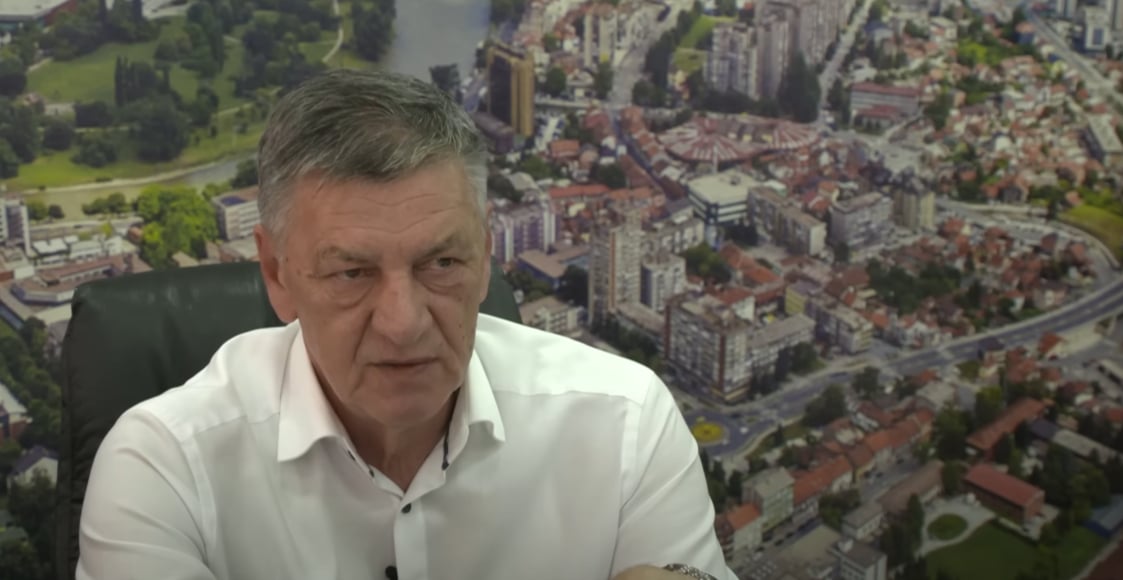
When asked how he responds to accusations of obstructing the process, Kasumović states:
"Neither I nor the City Council are obstructing anything at all. We will see what the new decision will be, but this one must be annulled because it is unlawful."
A HOSPITAL IS BEING BUILT, BUT IT'S PRIVATE
It seems that construction is possible after all, as demonstrated by the ceremonial laying of the foundation stone in early October for the construction of a specialised healthcare facility for treating heart diseases and cardiovascular conditions, the Heart Clinic, within the grounds of the Cantonal Hospital Zenica.
Mayor Kasumović explains that such a modern clinic was essential for this part of the country and that they could no longer wait for higher levels of government to initiate such a project.
"We issued an international public tender, interested parties applied, and we granted them the right to build. The land and the building will remain permanently owned by the city, and after a certain period, the building must be returned to the City of Zenica in a fully equipped state," explains Kasumović.
He adds that a similar arrangement could be made with the Cantonal Hospital Zenica:
"I support granting the right of use, but not the transfer of ownership. The land belongs to the citizens of Zenica, and if they want to sell it, that decision would be made by the City Council, not me. As for the right to build and use, I insist that an annual fee must be paid, and I stand by that. However, they are asking for all the buildings and land to be given to them for free. This is not mine to give; it belongs to the citizens of Zenica. It’s all a matter of agreement—they can negotiate with us; we are reasonable."
PATIENTS ARE SUFFERING
While the authorities of the City of Zenica and the Zenica-Doboj Canton deliberate on whether, when, and how to reach an agreement, it is the patients who suffer the most.
Dr Tarik Kapidžić, in addition to highlighting the dire state of the Cantonal Hospital Zenica, points to the problem of medical staff leaving the country. Recently, for example, the only paediatric anaesthesiologist in the Federation, who worked at this institution, left for abroad. He notes that the situation is even worse than the statistics suggest, as outdated standards are still applied in Bosnia and Herzegovina's healthcare system, and the medical workforce is ageing.
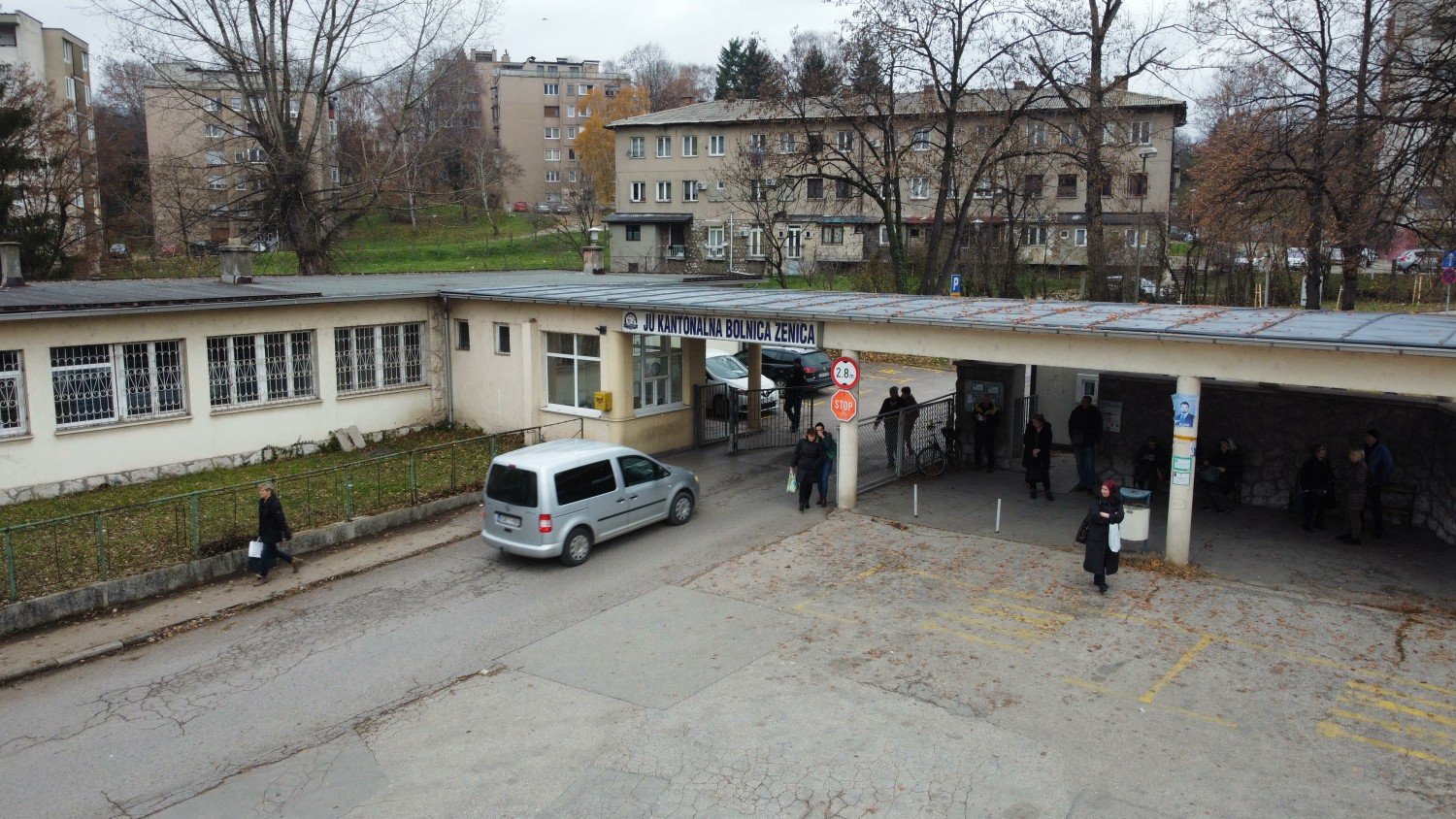
"The staffing policy is non-existent, it's not being managed at all. We are reaching a point where some clinics, departments, and services are simply left without key staff members who retire, because there has never been any consideration for renewal. For example, if ten surgeons are needed, the Health Insurance Institute will finance ten. But not the eleventh. And you have to take someone on for a specialization, which in the case of orthopaedics takes six years. After completing the six-year specialization, to actually learn something, they need at least four more years. You have to bring someone in ten years earlier to replace the one who is retiring. However, this doesn’t happen here, because no one wants to finance that eleventh,” he explains.
However, the director of Zenica Hospital, Dr Tarik Zulović, doesn’t seem overly concerned:
"As for the issue of staff leaving, we’re managing it. Younger staff are coming in, and we can proudly say that we've brought back Dr Almir Rošić to our institution. There will be several other doctors who will return to the Cantonal Hospital Zenica."
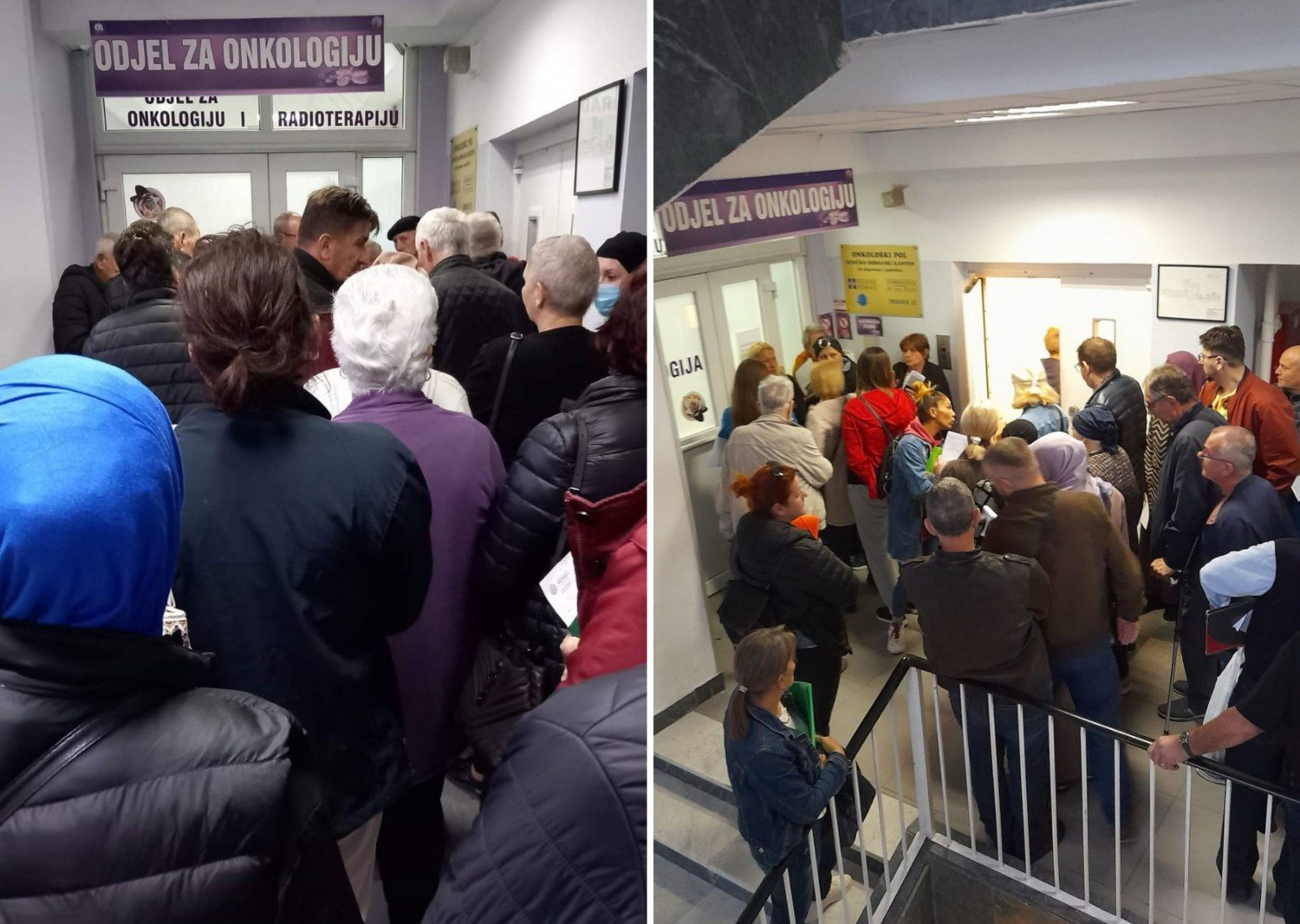
Dr Zulović will, however, admit that there are issues, such as the fact that there is only one MRI machine in the entire hospital. To make matters worse, this is the only such machine in the public healthcare system across the entire canton.
It’s no surprise, then, that bedridden patients have to wait up to 15 days for the examination, while others wait from six months to a year. Of course, there are also times when the machine breaks down:
"It was out of order recently for five days, after which we resumed providing the service. Currently, we do not have the capacity to install another machine. There is no space, and it would also require staffing adjustments. The issue needs to be addressed in another way—by allowing other institutions to perform the scans and interpret the MRIs."
THE IMPACT OF POLITICS
This is just a part of the problems facing this healthcare institution. There are issues regarding the maintenance of equipment, procurement of materials, waiting lists, poor hospital conditions, and even bad interpersonal relationships within the hospital.
The latter is largely attributed to politics, says Dr Tarik Kapidžić: "Since the war, politics has been absolutely tangled up in the operation of healthcare. Politics appoints managers, and it has even reached the point where department heads are appointed politically. So, healthcare has become a hiring office for the political parties in power."
When asked to compare the situation 20 years ago to today, he replies: "It was better before. When SDA was at its strongest, and SDA was practically always in power, but when it was at its peak, it didn’t interfere with the profession. Now, party members are appointed to positions, even as porters. Unfortunately."
His opinion is not shared by the hospital director, Dr Zulović: "Politics doesn’t have any influence at the moment, it doesn’t interfere with the profession, and it doesn’t appoint department heads."
POLITICAL PROMISES
While one might argue about the extent to which politics influences all processes in healthcare, the years behind us undoubtedly show that political influence in healthcare does exist. What is definitely true, however, is that political promises are not lacking.
The Cantonal Prime Minister Nezir Pivić (SDA) again emphasises the project of building a new hospital and promises to reduce waiting lists:
"A new building definitely needs to be constructed. There is no room for reconstruction. There is only a smaller part that must be separated, which will be funded by the EBRD, to bring it to the best possible condition, while everything else will be built from scratch. We are investing a lot in the hospital, providing huge funds, we’ve purchased new equipment, and for the next year, we’ve ensured that we will reduce waiting lists by providing the Health Insurance Institute with around one and a half million KM in additional funds to even open calls for private healthcare institutions."
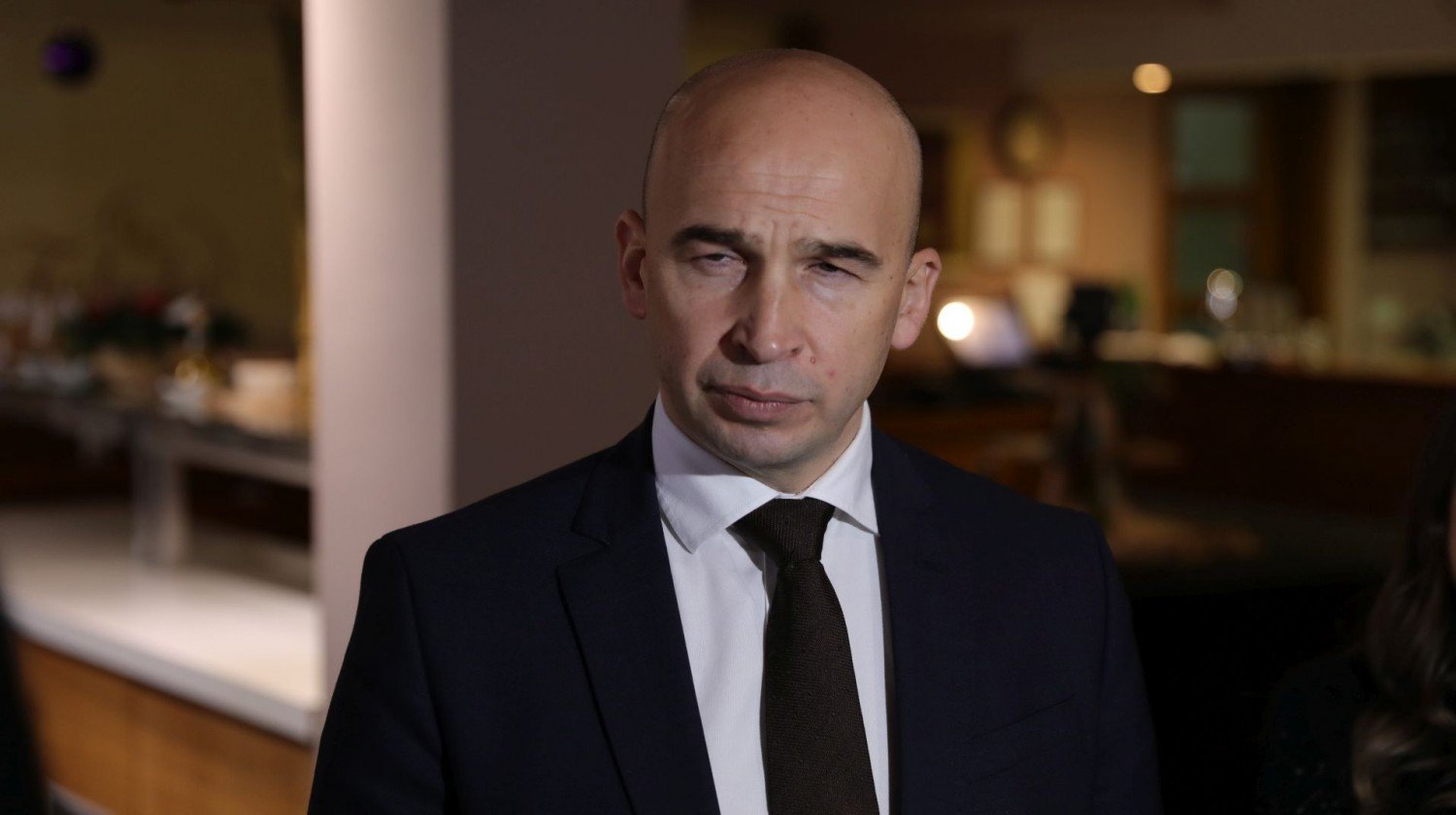
The Director of the Cantonal Hospital specifically addressed the EBRD funds:
"From the EBRD, we already have 10.5 million euros at our disposal, for which we are paying penalties. We cannot realise the funds due to the aforementioned property-legal issues. As for the new hospital, I’m not sure about the exact estimate, but it’s certainly around 100,000 square metres, and that’s a huge figure," said Dr Tarik Zulović.
In conclusion, Dr Tarik Kapidžić spoke about how, despite being very dissatisfied with the conditions and waiting lists, patients are still pleased with the staff’s work:
"Essentially, I believe patients are satisfied with the work of the medical staff, and believe me, all of this is maintained only due to the sheer desire and will of the healthcare staff to do their job and help the patients."
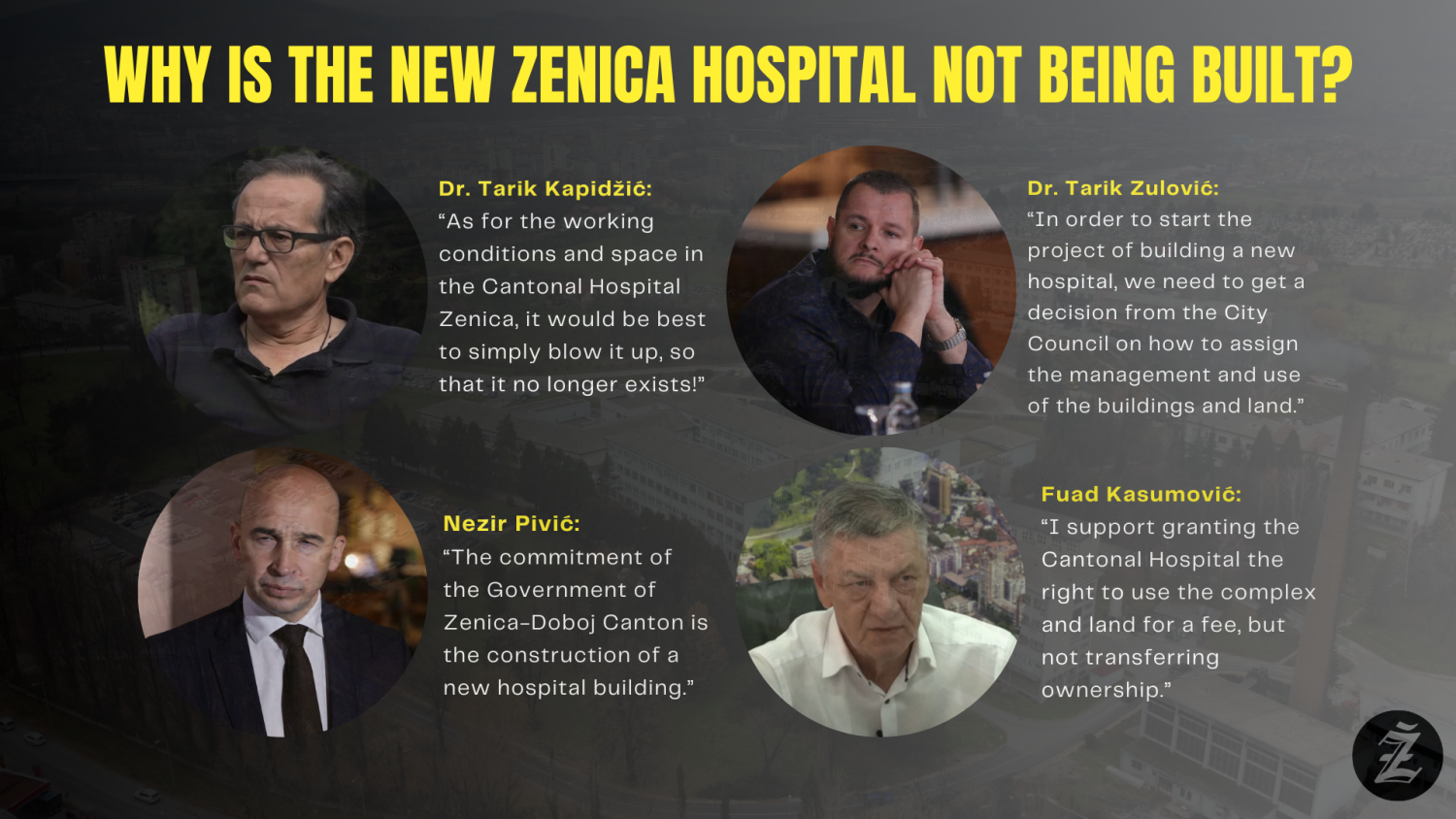
(zurnal.info)





